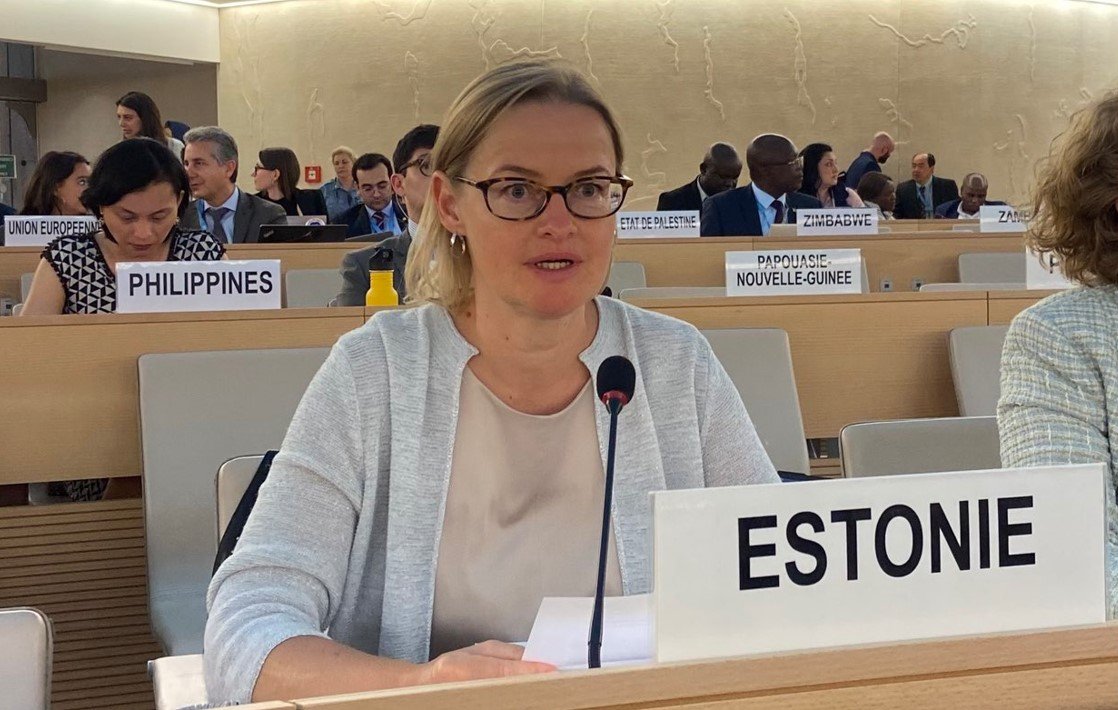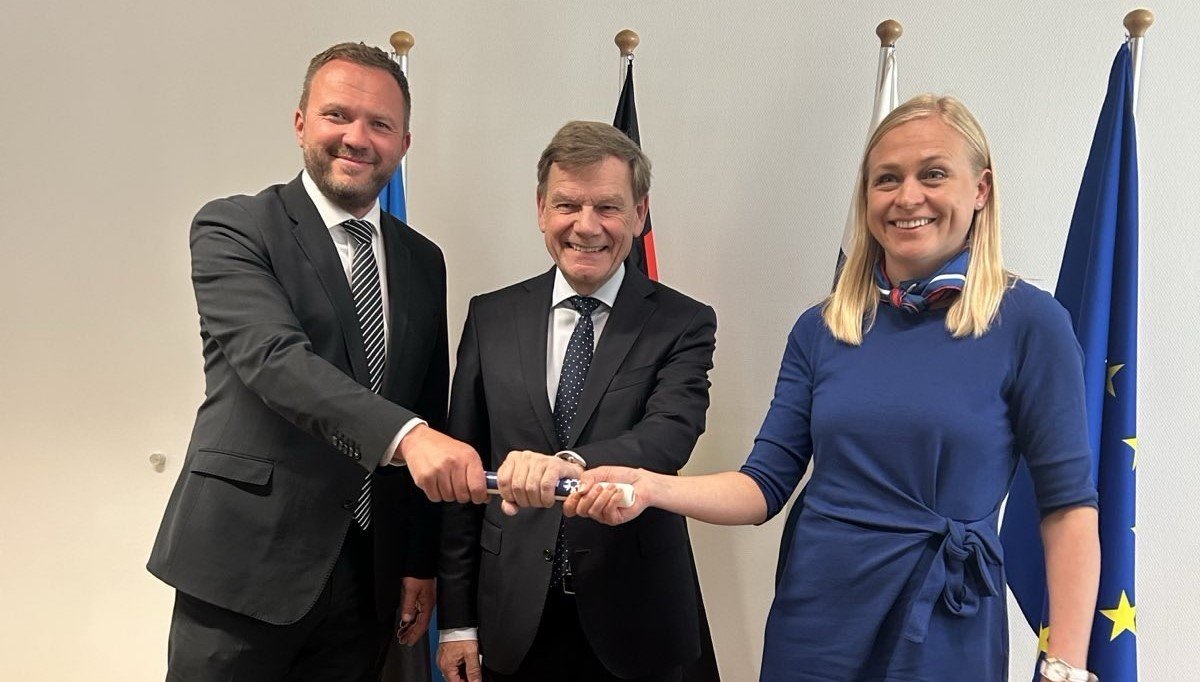
Joint statements – in which governments agree on and publish a statement about an issue or situation – are among the most visible activities of the Media Freedom Coalition.
The MFC has made over 40 joint statements since it was founded in 2019. These include statements on specific media freedom situations, such as the 2023 statement on media freedom in Hong Kong or the 2022 statement focussing on Iran.
They also include thematic statements that highlight specific issues – such as transnational repression – or express support for and solidarity with journalists and media workers on key international days such as World Press Freedom Day and International Women’s Day.
Joint statements take a substantial amount of time to develop and negotiate, and it is therefore important to ask: what makes an effective statement? And what lessons can be learned from the years-long experience of producing these statements?
This is the subject of a new learning paper commissioned by the Media Freedom Coalition Secretariat, in collaboration with the Freedom Online Coalition (FOC) Support Unit. The paper, titled “Maximising the Impact of Joint Statements”, builds on the experience of both the MFC and FOC, which itself has over 10 years’ experience of producing joint statements.
The paper is authored by Dr Aida Al-Kaisy, a media development consultant and academic researcher who has worked extensively on media projects globally. In writing the paper Dr Al-Kaisy interviewed 20 representatives from government, civil society, academia and the media sector, all of whom had experience of joint statements produced by the MFC, FOC or both.
Points featured in the paper include:
- How joint statements can be an important component of efforts towards media and digital freedom, from expressing solidarity to establishing international norms;
- How joint statements could be improved, such as including more “calls-to-action”, linking them to human rights standards, ensuring they are timely, and clarifying objectives across stakeholder groups;
- How to ensure statements are capitalised upon once published, for example by having them amplified by government members of the MFC/FOC, and backing them up with other diplomatic actions.
In brief, the recommendations of the paper are as follows:
- Consider whether a joint statement is the best approach in any given situation
- Better define and articulate the purpose and objectives behind joint statements
- Ensure better communication between stakeholders at all stages of the process for developing and publishing statements
- Bring member states and other relevant stakeholders together to establish a deeper understanding of the processes that governments and civil society go through in connection with joint statements
- Improve outreach and dissemination around joint statements
- Ensure the content of statements is as strong as possible, for example through rooting them in human rights principles, deploying facts and figures, and including calls-to-action
- Maximise the timeliness of statements
The full learning paper is available to download here.



